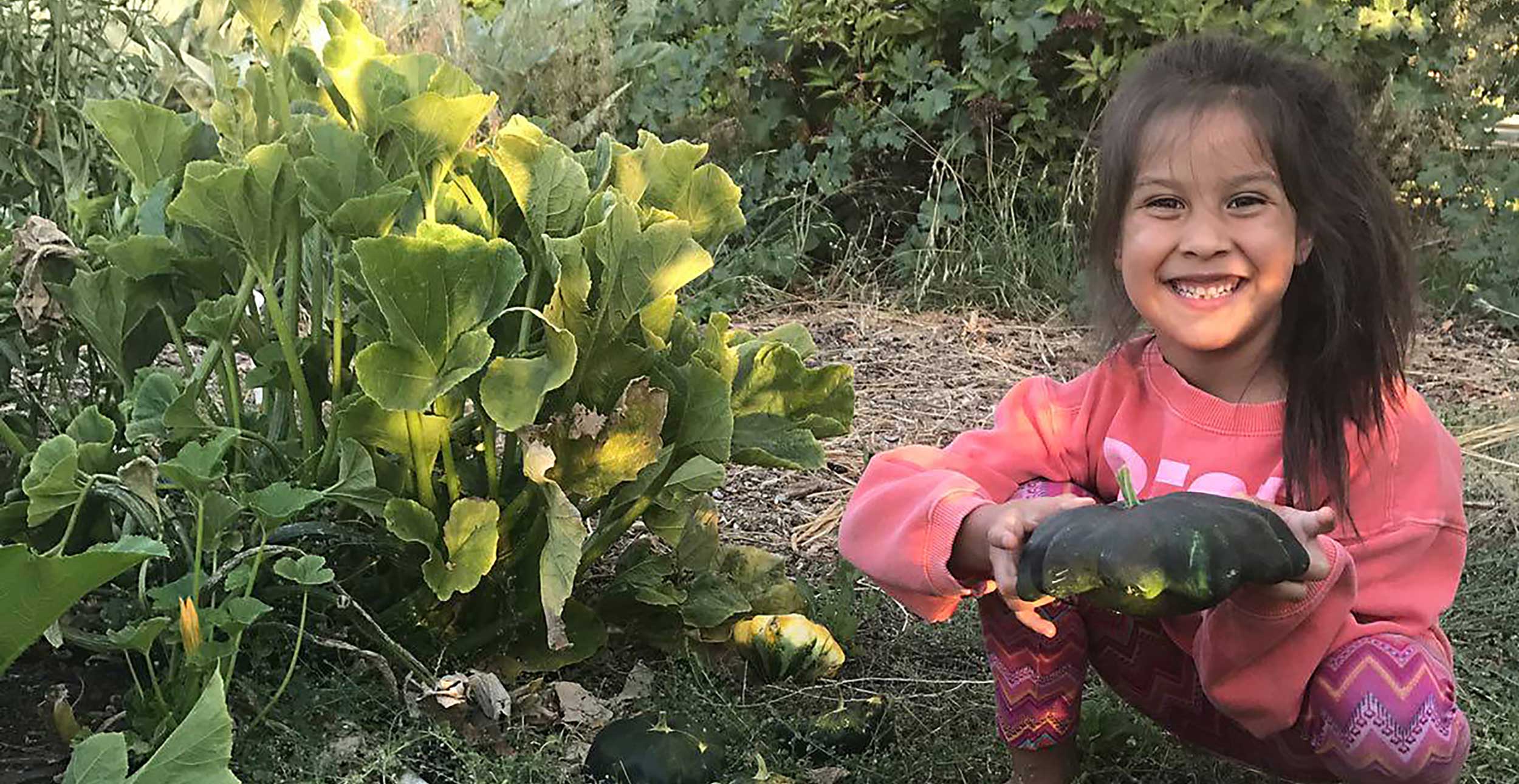
Friday, November 10, 2023
Media Contact:
Sara Plummer | Communications Coordinator | 918-561-1282 | [email protected]
A five-year, $10 million grant was recently awarded to Oklahoma State University’s
Center for Indigenous Health Research and Policy (CIHRP) to expand and grow health
and nutrition initiatives in native communities across the country.
The grant was awarded by the U.S. Department of Health and Human Services’ Office
of Minority Health. The initial grant awarded by the Office of Minority Health was
for $2 million over two years to develop the Center for Indigenous Innovation and
Health Equity (CIIHE) and included four native tribes and organizations — the Choctaw
Nation and the Osage Nation in Oklahoma, the Southcentral Foundation in Anchorage,
Alaska, and the University of Alaska’s Center for Alaska Native Health Research.
American Indians and Alaska Natives experience higher mortality and morbidity rates,
poorer overall health status and shorter life expectancies than their non-indigenous
counterparts. High rates of cardiovascular disease, diabetes, obesity and hypertension
among American Indians and Alaska Natives contribute to a life expectancy that is
seven years less than that of the general population in the U.S., according to a 2021
mortality profile study.
CIHRP Director Valarie Blue Bird Jernigan said food insecurity is correlated with
these diseases and is highly prevalent in Indigenous populations.
“Food sovereignty — the right of people to define their own food systems — restores
traditional indigenous foodways and practices to promote health,” Jernigan said.
This new $10 million grant allows for the food sovereignty programs and initiatives
developed by the original four grantees to expand as well as bring in new Indigenous
tribes and partners to learn from these original programs and develop their own initiatives
based on their own traditions and culture.
“We want to expand the knowledge of traditional food and foodways like foraging, hunting
and fishing. There’s also a lot of physical activity in hunting, gathering and farming.
We also know that traditional foods are healthier. We’re talking about whole grains,
nutrient dense vegetables and food with no added sugars,” she said.
Five new partners in CIIHE include tribes and Indigenous health programs in Alaska,
California, Minnesota and North Dakota.
“Connecting people to their traditions and culture that have their own health mechanisms,
that’s what we’re testing,” Jernigan said. “Anecdotally, we know that traditional
foods are healthier, but this will have data behind it.”
As the nine CIIHE partners develop, implement and broaden their food sovereignty initiatives,
CIHRP will collect and analyze the data from each. The original four grantees will
work to expand their programs to incorporate collecting clinical measures like blood
pressure readings, A1C levels, which are used to monitor diabetes, and lipid panels
that measure cholesterol and triglycerides to hopefully record the health benefits
of implementing traditional food programs into their communities.
“Food sovereignty — the right of people to define their own food systems — restores
traditional indigenous foodways and practices to promote health.”
— Valarie Blue Bird Jernigan, Center for Indigenous Health Research and Policy Director
With the new grant funding, the four initial CIIHE grantees will each receive $175,000
a year to grow their programs and add the clinical measures component while the five
new CIIHE partners will receive $100,000 each year for training, program development
and piloting.
In Oklahoma, the Osage Nation’s Harvest Land Farm, which grows produce and processes
meat, will develop a mobile farmer’s market to take its products to different communities
across the Osage Nation reservation.
And the Choctaw Nation of Oklahoma plans to expand Growing Hope, its traditional garden
initiative that provides its citizens with seeds from plants that trace back to the
tribe’s ancestral homelands to plant and cultivate in their home gardens, as well
as information about caring for the plants and recipes that utilize produce from their
gardens.
Jernigan, a member of the Choctaw Nation, said traditional growing has become a popular
way to revitalize the traditions and cultures of Indigenous tribes. It’s something
that she’s seen first-hand as she’s cultivated her own Growing Hope garden.
“Instead of watching another episode of something on TV, I know I need to go out to
the garden and water or pick things that are ripe. Then you end up weeding and next
thing you know you’ve been out there for an hour working and spending time outside
in nature,” she said. “It changes your relationship with food and your own wellness.
As I get better at growing my own garden, I solidify my identity and my health gets
better over time.”
